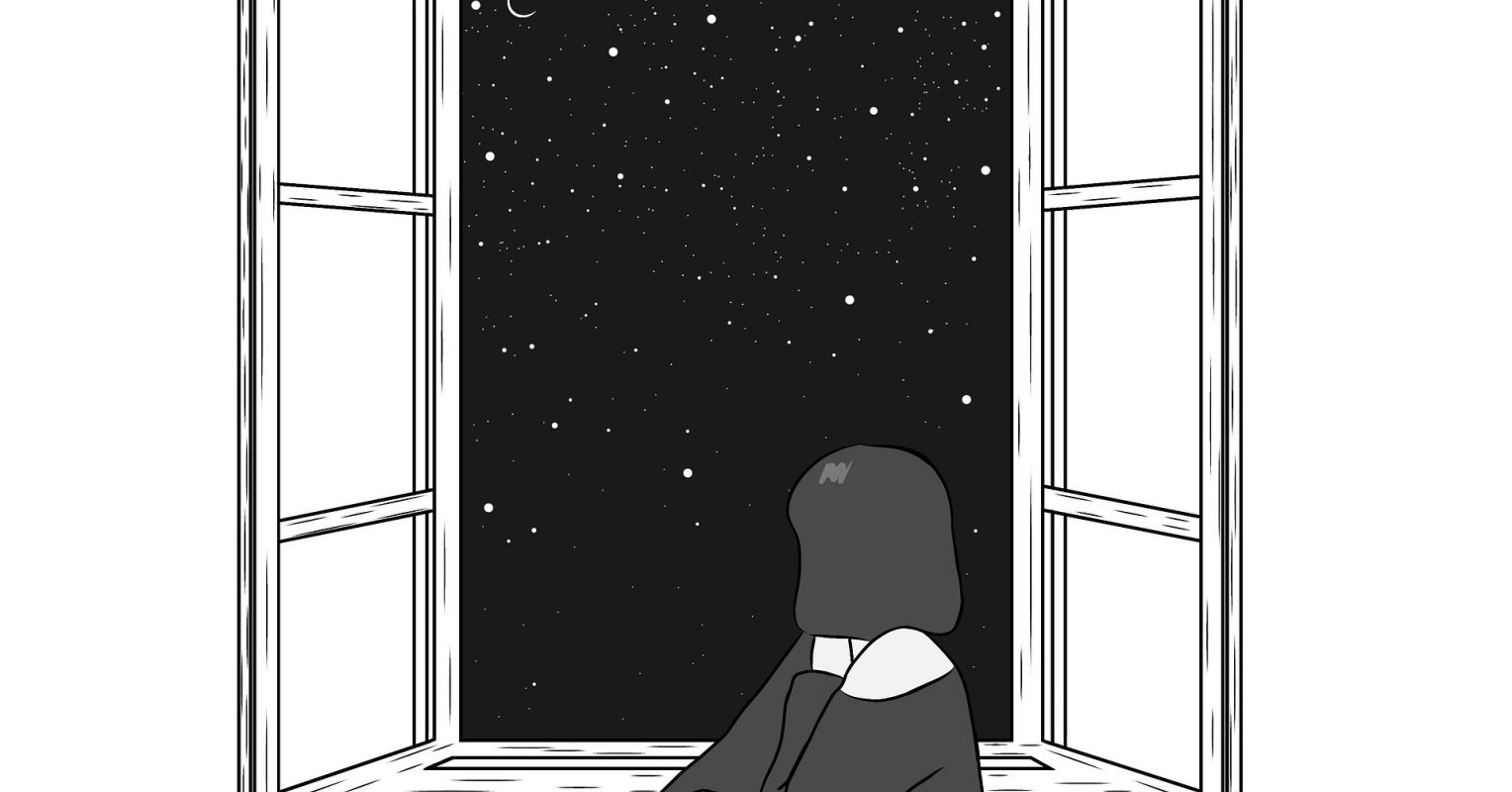
"Existential boredom is not about having nothing to do, but about not knowing why you're doing anything."
"Many high-functioning drinkers experience a deeper kind of boredom, one that goes beyond merely passing time."
"Psychologists define existential boredom as a crisis of meaning that leads to an urge to find distractions."
"Viktor Frankl believed that the absence of meaning leads individuals to a state he termed the 'existential vacuum,' driving the need for fulfillment."
Existential boredom differs from everyday boredom, as it arises from a lack of meaning rather than stimulation. High-functioning drinkers often experience deeper boredom that compels them to seek distractions, like alcohol. Psychologists link this feeling to a crisis of meaning, where individuals question the purpose of their actions. Viktor Frankl, who coined the term 'existential vacuum,' suggested that such boredom is a signal that people need to find daily meaning. In contrast to our ancestors, who were driven by survival instincts, modern individuals may struggle with underlying vacuity as basic survival becomes secure.
Read at Psychology Today
Unable to calculate read time
Collection
[
|
...
]